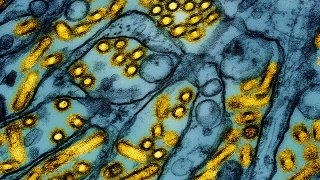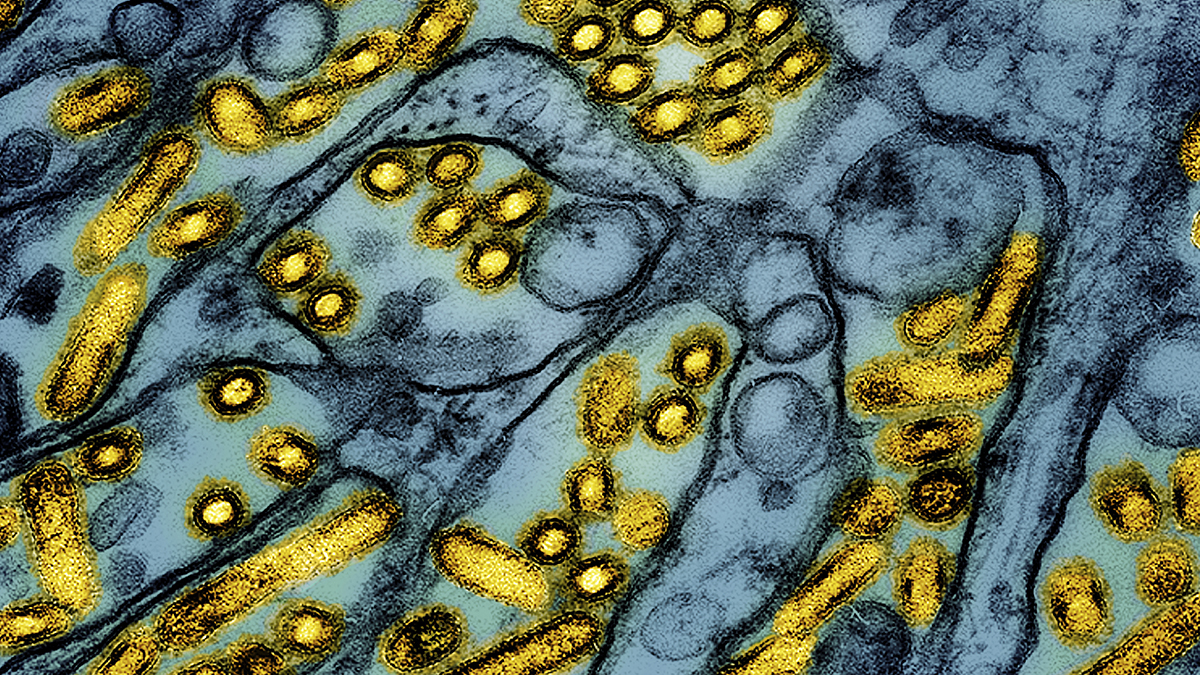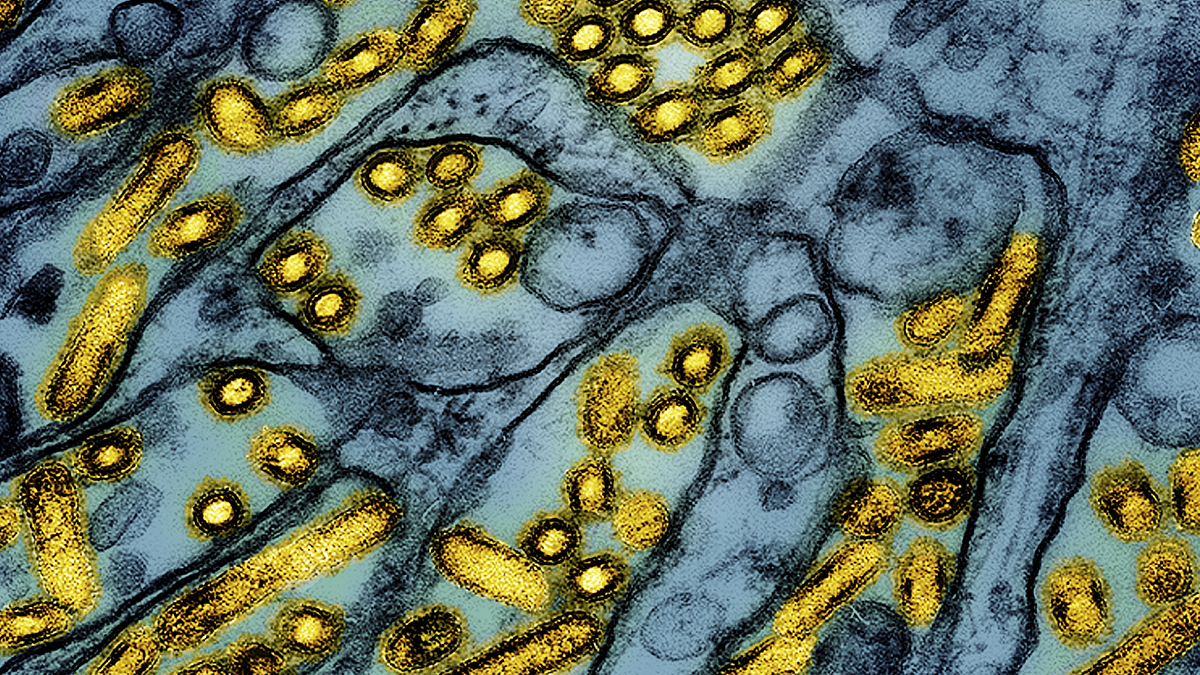
The first U.S. bird flu death has been reported — a person in Louisiana who had been hospitalized with severe respiratory symptoms.
Louisiana health officials announced the death on Monday.
Health officials have said the person was older than 65, had underlying medical problems and had been in contact with sick and dead birds in a backyard flock. They also said a genetic analysis had suggested the bird flu virus had mutated inside the patient, which could have led to the more severe illness.
They have disclosed few other details about the person.
Since March, 66 confirmed bird flu infections have been reported in the U.S., but previous illnesses have been mild and most have been detected among farmworkers exposed to sick poultry or dairy cows.
A bird flu death was not unexpected, virus experts said. More than 460 people have died from versions of the H5N1 bird flu virus since 2003, according to the World Health Organization.
The bird flu virus "is a serious threat and it has historically been a deadly virus," said Jennifer Nuzzo, director of the Pandemic Center at the Brown University School of Public Health. “This is just a tragic reminder of that.”
Nuzzo noted a Canadian teen became severely ill after being infected recently. Researchers are still trying to gauge the dangers of the current version of the virus and determine what causes it to hit some people harder than others, she said.
“Just because we have seen mild cases does not mean future cases will continue to be mild,” she added.
Feeling out of the loop? We'll catch you up on the Chicago news you need to know. Sign up for the weekly Chicago Catch-Up newsletter.
In two of the recent U.S. cases — an adult in Missouri and a child in California — health officials have not determined how they caught the virus. The origin of the Louisiana person's infection was not considered a mystery, but it was the first human case in the U.S. linked to exposure to backyard birds, according to the Centers for Disease Control and Prevention.
Louisiana officials say they are not aware of any other cases in their state, and U.S. officials have said they do not have any evidence that the virus is spreading from person to person.
The H5N1 bird flu has been spreading widely among wild birds, poultry, cows and other animals. Its growing presence in the environment increases the chances that people will be exposed, and potentially catch it, officials have said.
Officials continue to urge people who have contact with sick or dead birds to take precautions, including wearing respiratory and eye protection and gloves when handling poultry.




